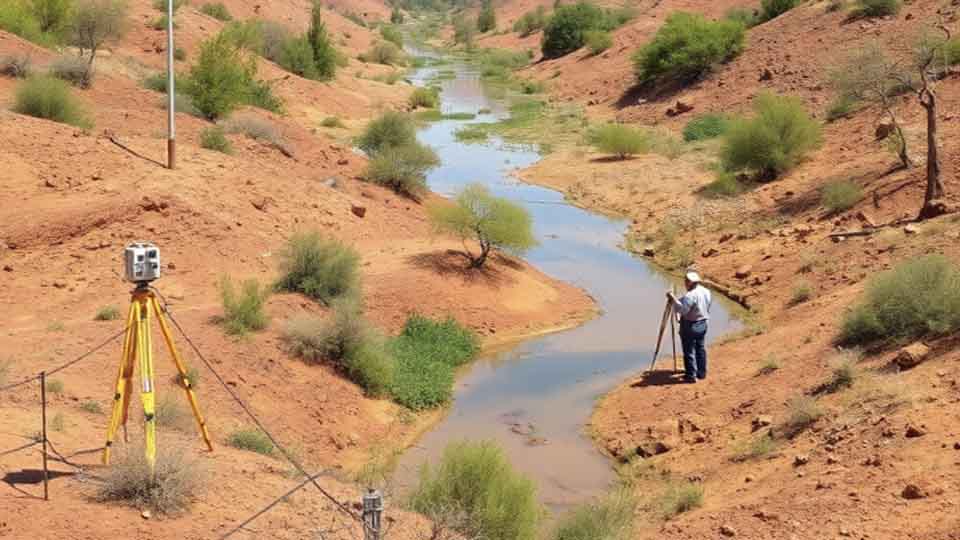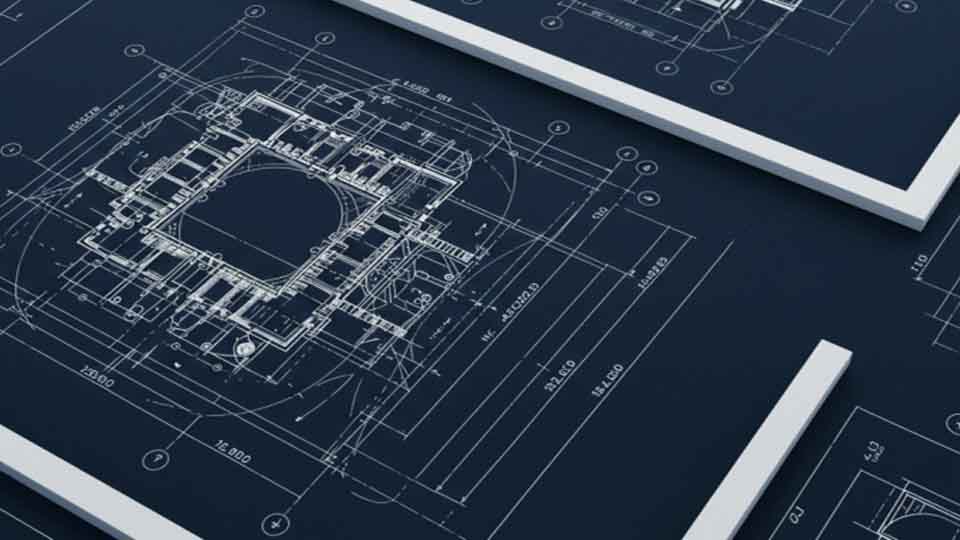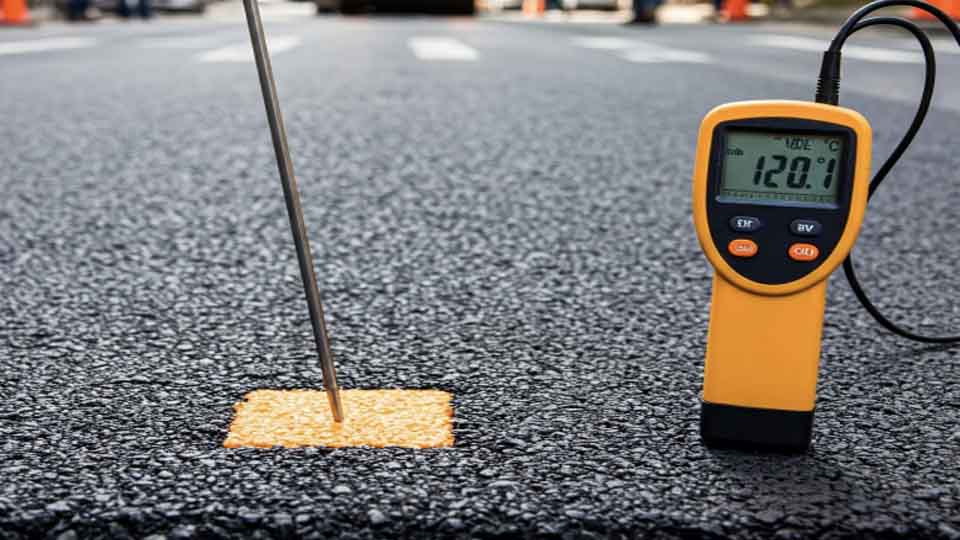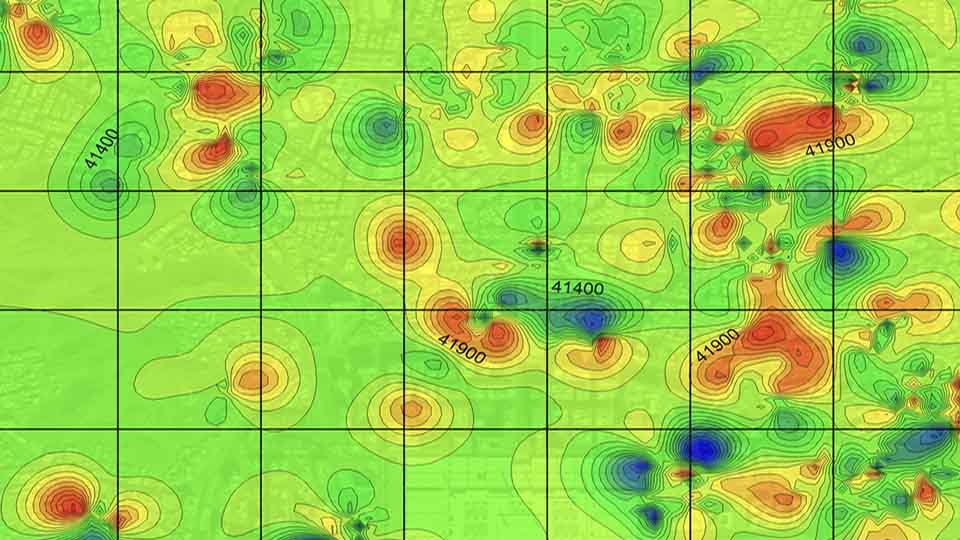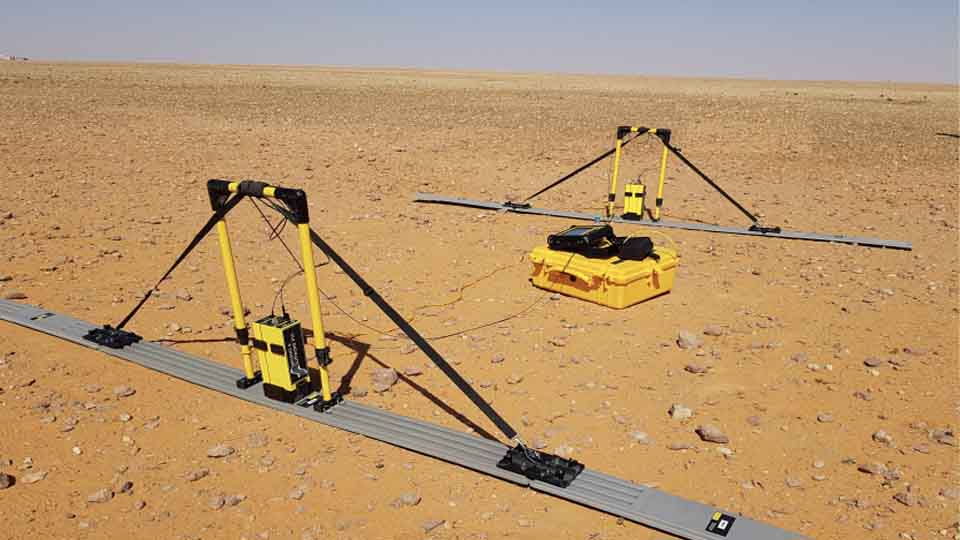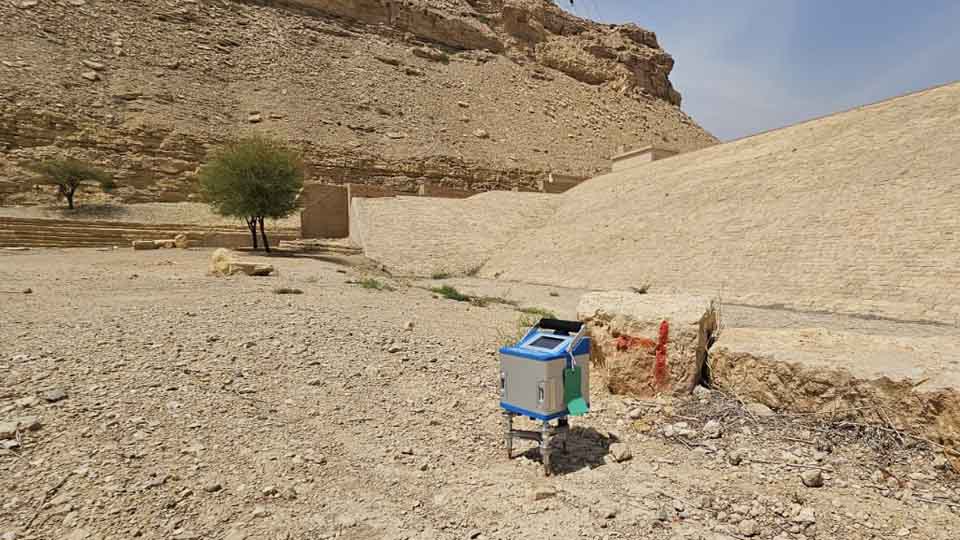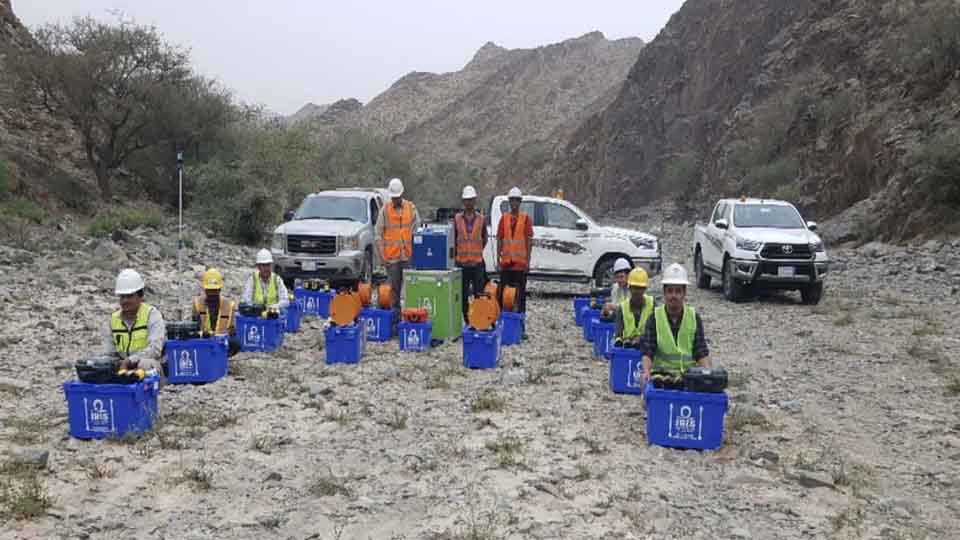Civil material testing is a crucial aspect of civil engineering that ensures the quality, safety, and durability of construction materials and structures. It involves evaluating the physical, chemical, and mechanical properties of materials like concrete, steel, soil, and asphalt through various laboratory and field tests. These tests help determine if the materials meet the required standards and specifications for their intended use in construction projects.
Our key services in Civil Material Testing includes:
1. Soil / Rock Test
2. Aggregate Testing
3. Concrete Tests
4. Asphalt testing
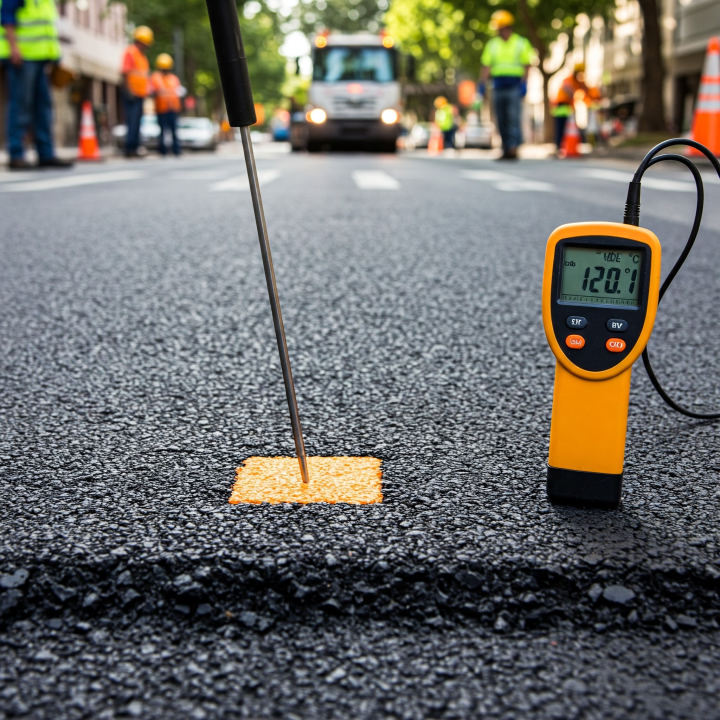
5. Block and Masonry Testing
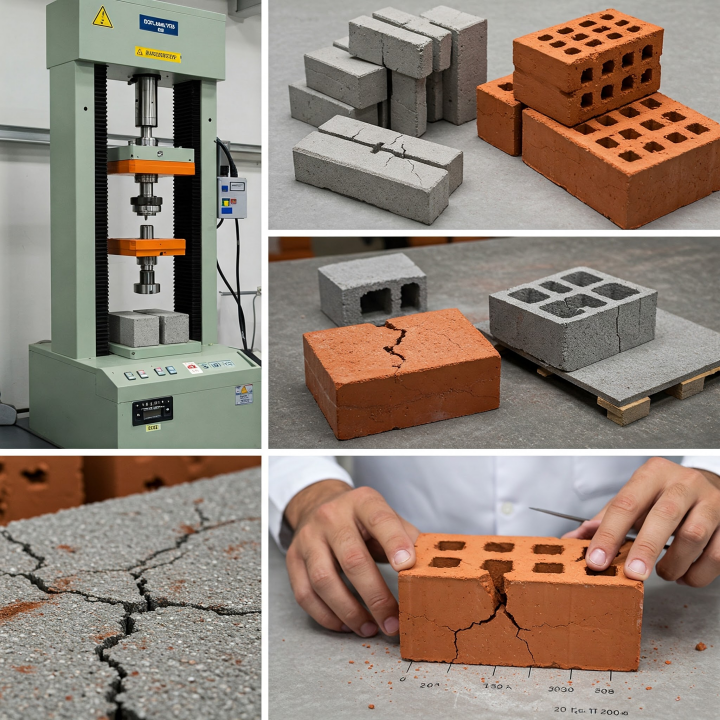
6. Chemical Testing

Related recommendations
-
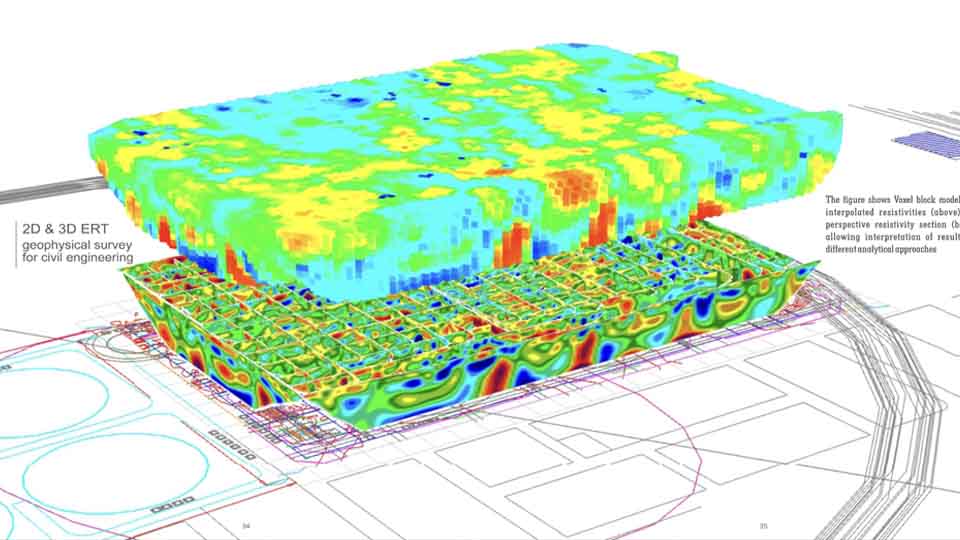
Seismic Methods
Seismic geophysical methods can cost-effectively image the subsurface over a large area and have been extensively used in deep earth studies and natural resource exploration
Learn more -
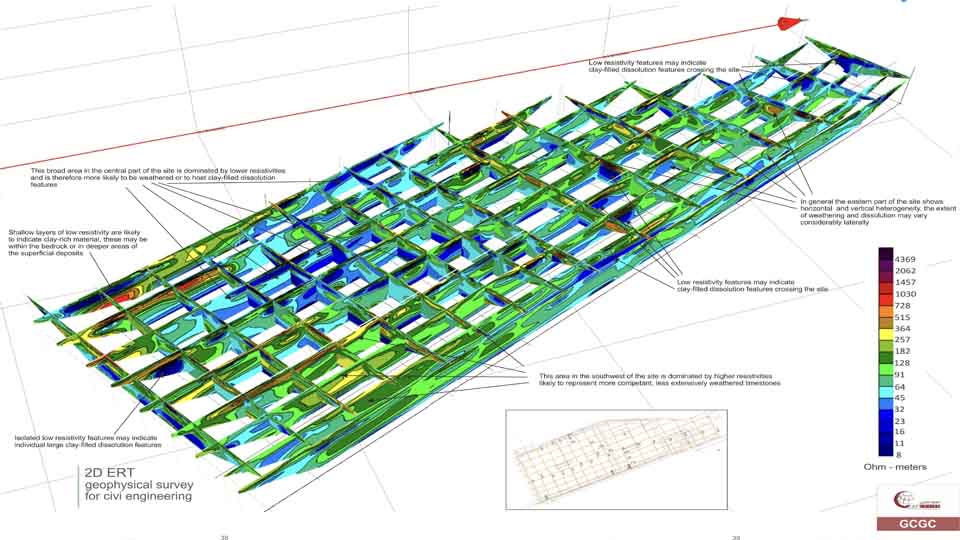
Electrical Methods
The electrical properties of the subsurface vary with the ground material, the presence and saturation level of fluids, and the presence of buried objects. Electrical techniques seek to describe the distribution of these properties as a function of depth and horizontal distance.
Learn more -
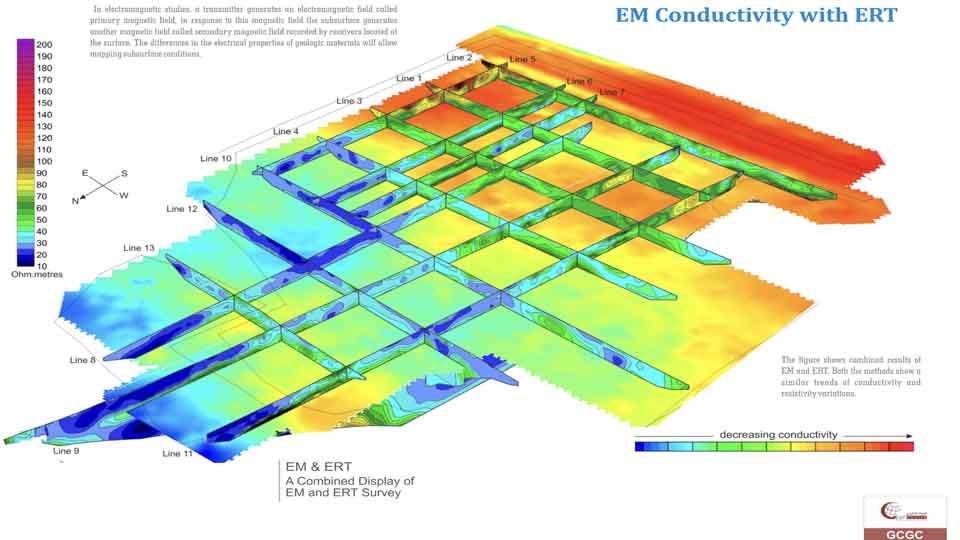
EM Methods
Electromagnetic (EM) surveying, the electrical conductivity of the ground is measured as a function of depth and horizontal distance. Different rocks exhibit different values of electrical conductivity. The electromagnetic method is based on the induction of electric currents in the ground by the magnetic component of electromagnetic waves generated at the surface
Learn more


